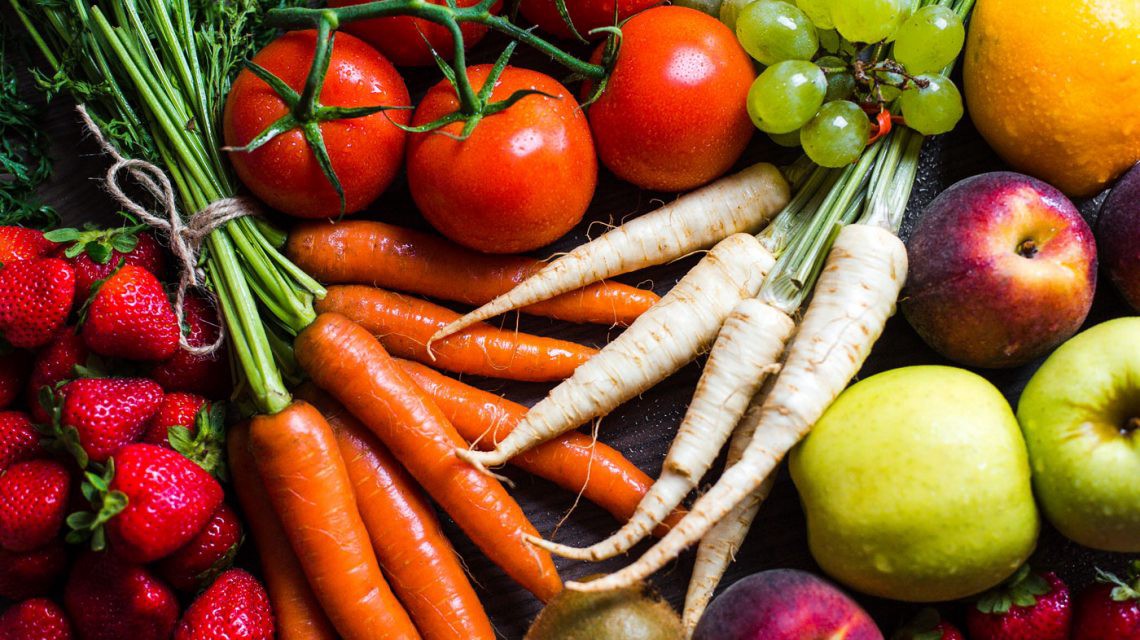



Article by: Hari Yellina
In Queensland’s South Burnett, food manufacturers and producers have banded together to put local food on the table. A big chalkboard shows a message indicating how far the food at an ordinary Brisbane BBQ has travelled as you come through the entrance of the “Farm 2 Fork” business. The 200,000-kilometer amount is mind-boggling, and it’s one of the reasons chef Roberta Schablon desired a location where she could shop locally. Ms Schablon is a member of the non-profit collective’s committee that recently renovated an empty store in the village of Wooroolin into a twice-weekly food market.
“It came together because we were all having trouble finding local goods,” Ms Schablon explained. “We were all scratching our heads, asking why local produce isn’t available at local restaurants and cafés.” “We realised it was a problem with accessibility.” The social venture was also sparked by years of drought and shrinking markets for small growers. The former bakery is brimming with garlic, mushrooms, honey, meats, and wine, all of which are provided by local farmers who are members of the collective. They volunteer in the store so that they may talk to consumers about their products and spread the word about the benefit of buying directly from the farmer.
Selina Carey, a free-range, chemical-free pig and honey producer, is also on the committee and helps at the store. Ms Carey believes that while consumer education on the benefits of eating locally is vital, quality and flavour are also crucial. “I went to my brother’s property on the Sunshine Coast, and he decided to offer supermarket roast pork,” Ms Carey explained. “I couldn’t eat it for the life of me.” “I first smelled it, then took a taste and pushed it aside.” Many farmers labour alone in rural places, which can be rather isolating. The social venture has not only put food on tables, but it has also offered mental nourishment.
Greg Patch, a lamb producer, likes the camaraderie and friendliness that comes with being a part of the collective, with the shop serving as a gathering spot for residents. Mr Patch stated, “For me, it’s the friendship I gain from it.” While Mr Patch values the mental health benefits, wholesome, locally produced cuisine remains an important aspect of the collective. “We sell Australian white sheep straight to the customer,” he explained. “As a result, everything we sell before it travels to the butcher shop is sold.” “Our lambs are fed a multi-species pasture, which results in meat that is densely more nutritious.”
The North American “locavore” movement, in which food is sourced within a 165-kilometer radius, has influenced the Farm 2 Fork collective. While some items are difficult to come by in northern Queensland, Ms Schablon says it is crucial to keep them in mind when planning meals. She explained, “We constantly emphasise ‘we endeavour’ to use local.” “Some items are simply unavailable, such as chocolate or flour.” Farm 2 Fork, according to Ms Schablon, would mean less food travelling to central markets only to be driven back to stores. “There are still vehicles travelling from a farm to a distribution centre merely to return and put the food in a store,” she remarked.